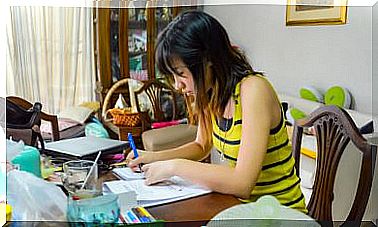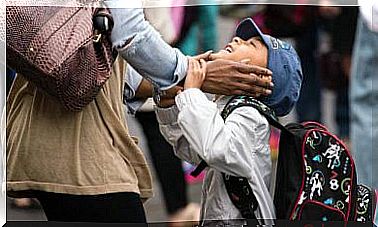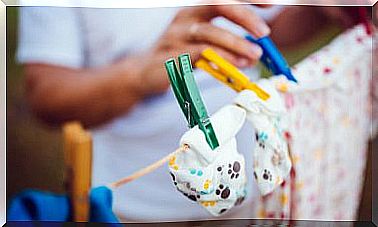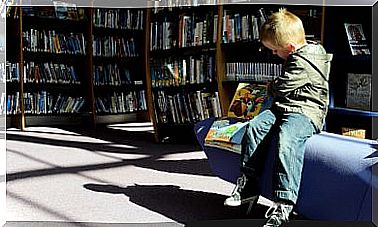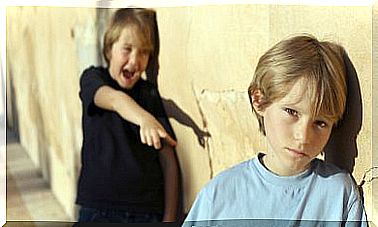Do Children Behave Worse With Their Parents?
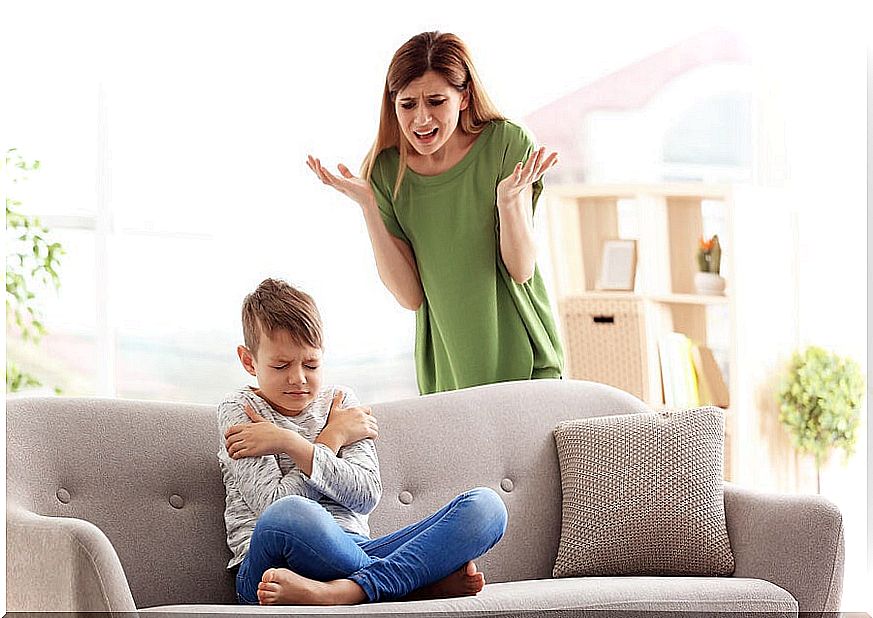
The grandmother says “But if he is a saint with me”; “You defame him, because here he has been more than calm,” says the aunt. Is it true that children behave worse with their parents? In this article we will provide some possible explanations for this behavior.
It is not an invention, they behave better with others
It’s not that we want to speak ill of them or anything like that; nor is it a parental invention to look like the ‘victims’ of demonized children. It is a reality: children behave worse with their parents than with grandmothers, aunts, babysitters or teachers.
It seems that all the members of the family have conspired to tell us to our faces that our children are angels if we are not present. They don’t scream, they eat all their food, they don’t cry, they pick up their toys, they finish homework.
On the one hand, we are happy that they have not been a nuisance to their caregivers; however, on the other hand, we are outraged because they behave differently with us.
Why do children behave worse towards their parents?
On the internet you can find many theories and specialists that affirm this, but you do not have to be a scientist or go to university to be aware of the hypothesis that children behave worse with their parents.
There are two more ‘concrete’ theories than university research that we do not know about. One of them is based on trust and the other on the demand for care.
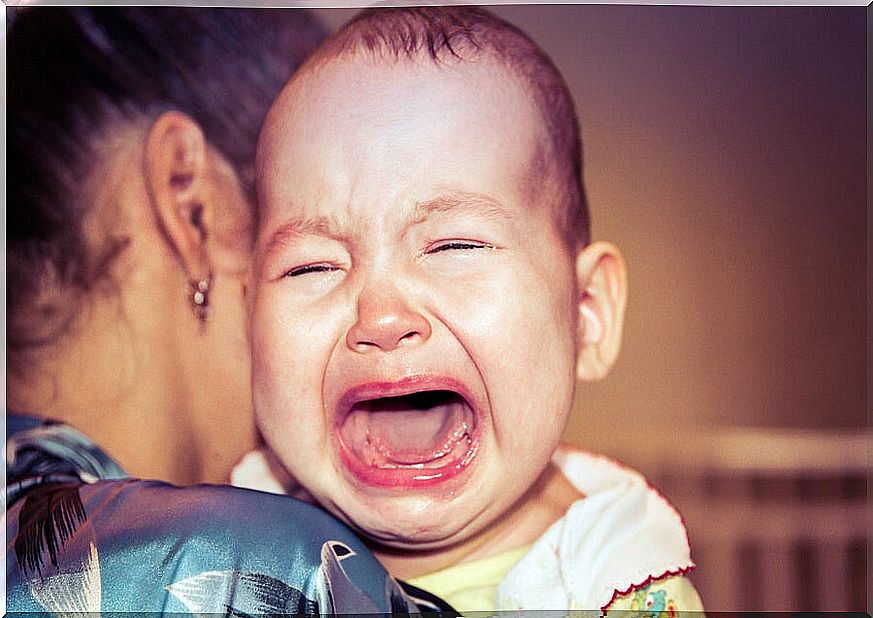
With parents there is more trust
On the one hand, children spend a lot of time with their mothers, even when they work outside the home. This generates certain ‘consequences’ in the behavior of the children, because they are more relaxed and confident.
If one day they go to their grandmother’s house, they will be in a strange environment or that is not part of everyday life. There they must walk more carefully, as if stepping on unfamiliar terrain. None of us, whether we are children or adults, behave in the same way on all occasions and in front of all people.
Later, when we enter into trust, we get to know the other and we know what they think or what they think, we relax a little. In children, this ‘relaxation’ turns into bad behaviors. And, coincidence or not, they feel more confident in the company of their mother.
Does the child need more attention?
The second theory has to do with the demand for attention by children, especially when they are very young. It does not mean that they misbehave on purpose, with the intention of annoying us or making us mad.
Crying, tantrums, yelling, and throwing things are all ways the little one knows to get his mother’s attention. Why? Because it needs your love and care!
We must bear in mind that, during the first months of life, babies consider that they are the same being together with their mother; So later, when they see her go away, they think they will be abandoned.
This habit of misbehaving when mothers are around is related to that, to attracting attention so that they do not leave their side. It is that they are familiar or used to the fact that the mother will run to assist him when he falls, if he has a nightmare or when he cannot do something.
Mothers are synonymous with protection, care, a den; If children behave worse towards us, it is not because we are educating them badly or because we are more ‘weak’ or ‘permissive’. Ultimately, this behavior is the consequence of our good actions.

Hormones have nothing to do with this
Finally, some people claim that children behave worse with their fathers – or rather, with their mothers – due to a particular aroma that they give off and that is related to pheromones.
In addition to being unfounded, this is difficult to determine. In any case, we could say that children do not behave in the same way at school, in their own home or at their grandmother’s; they also do not react in the same way in a restaurant, on a plane or in the park.
This does not depend on who you are with, but on your personality, your experiences and how you are going. Therefore, if our children behave worse in our presence, we can proudly say that there is a relationship of trust and attachment with them.



